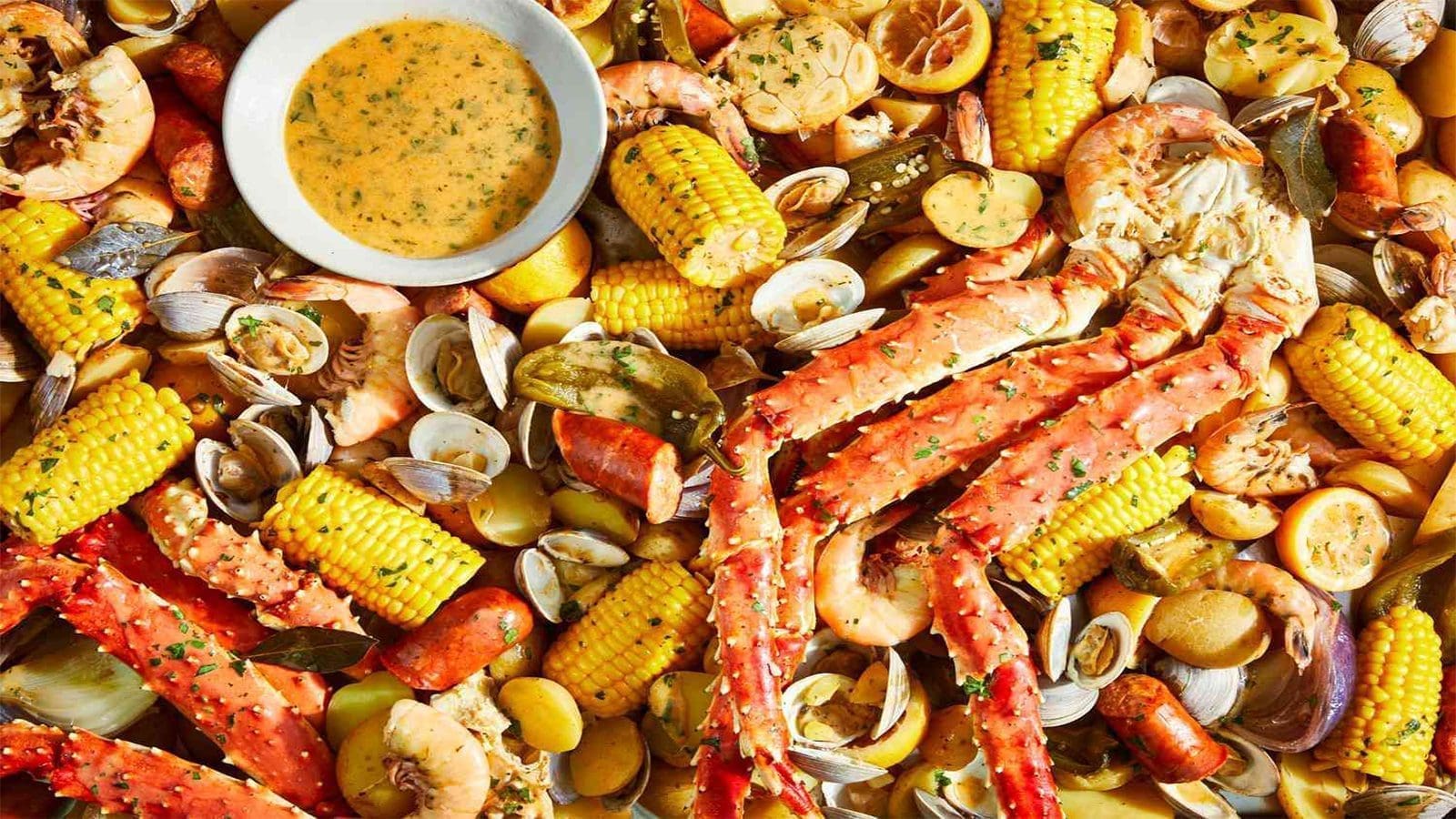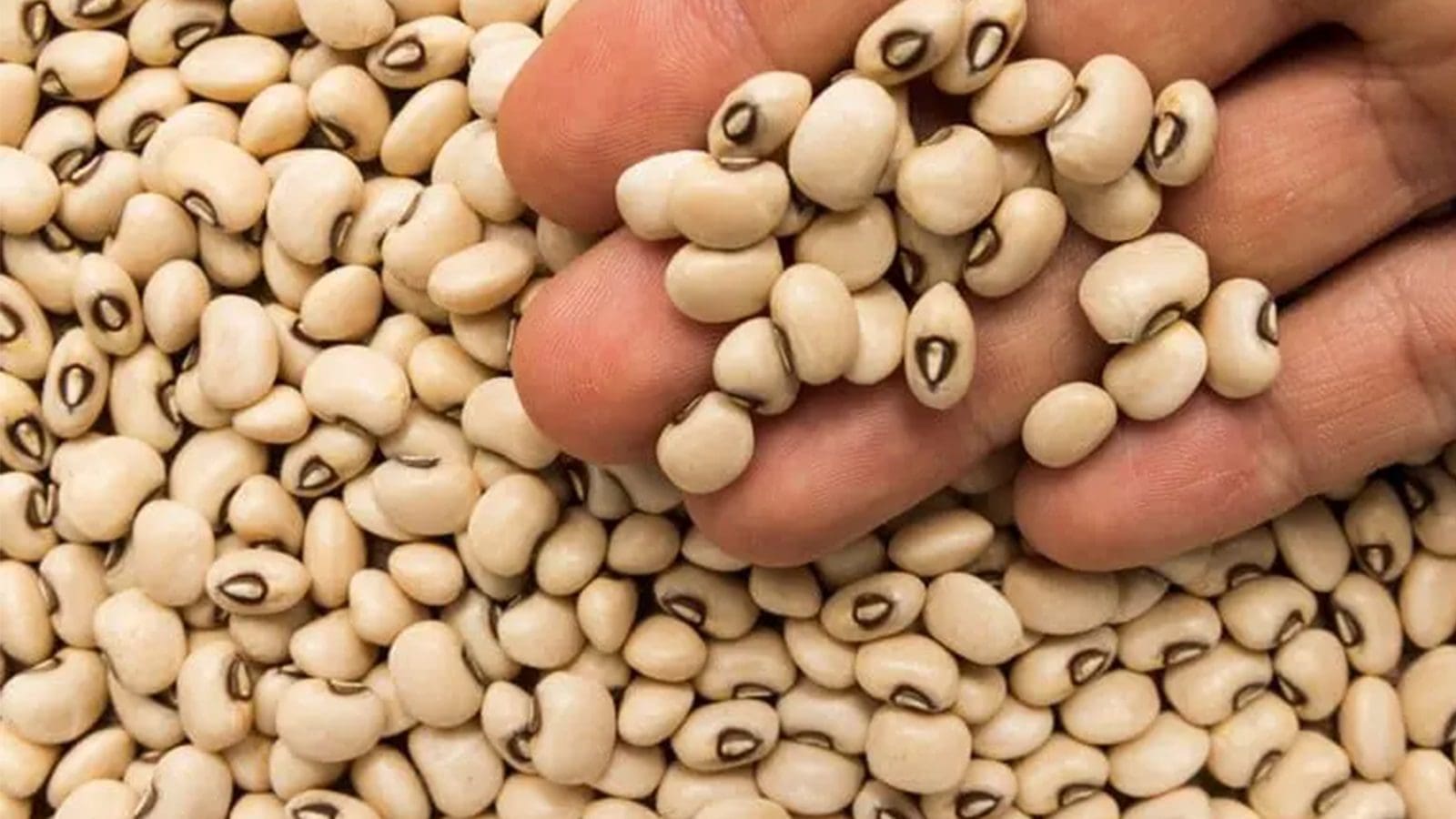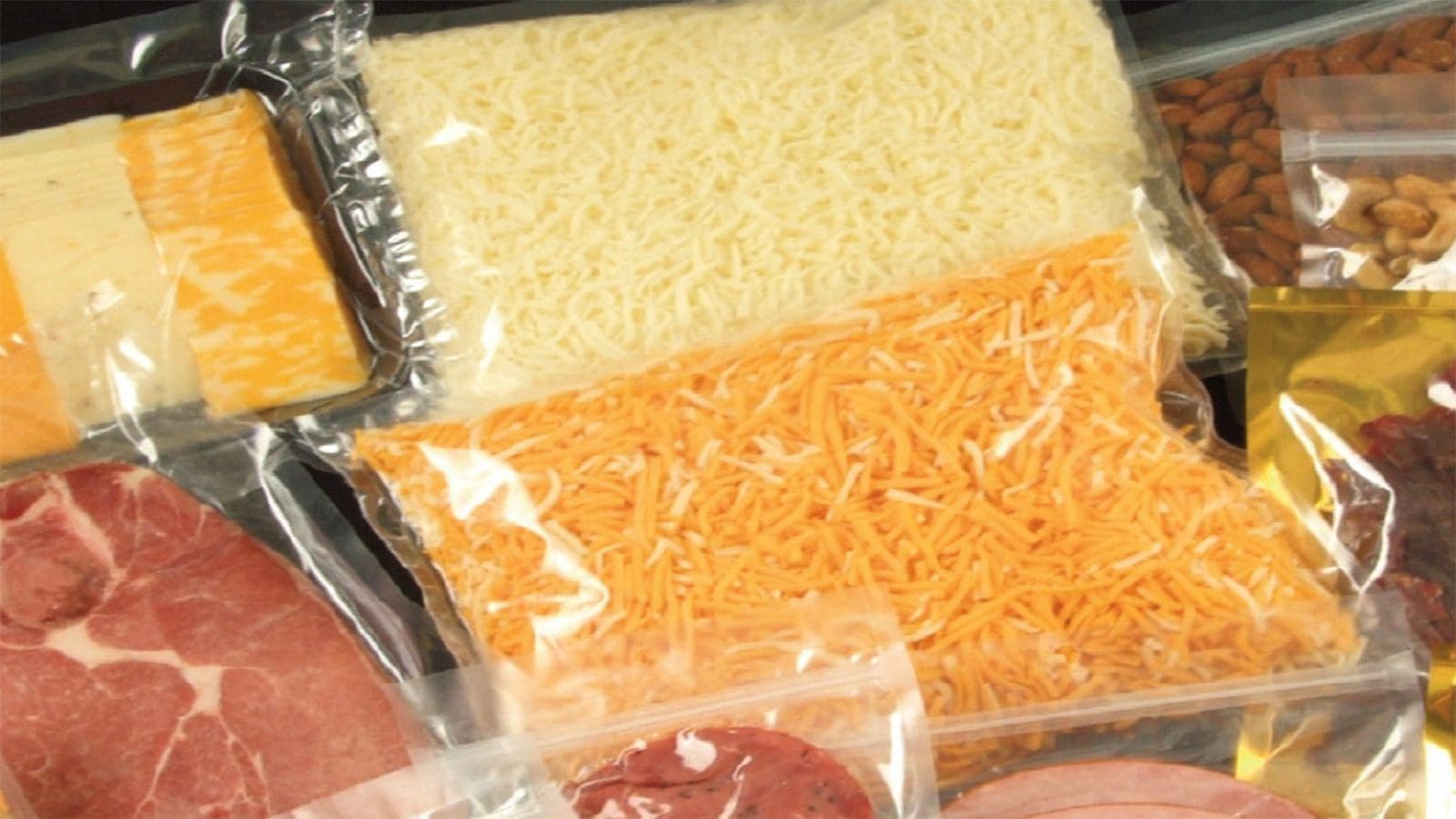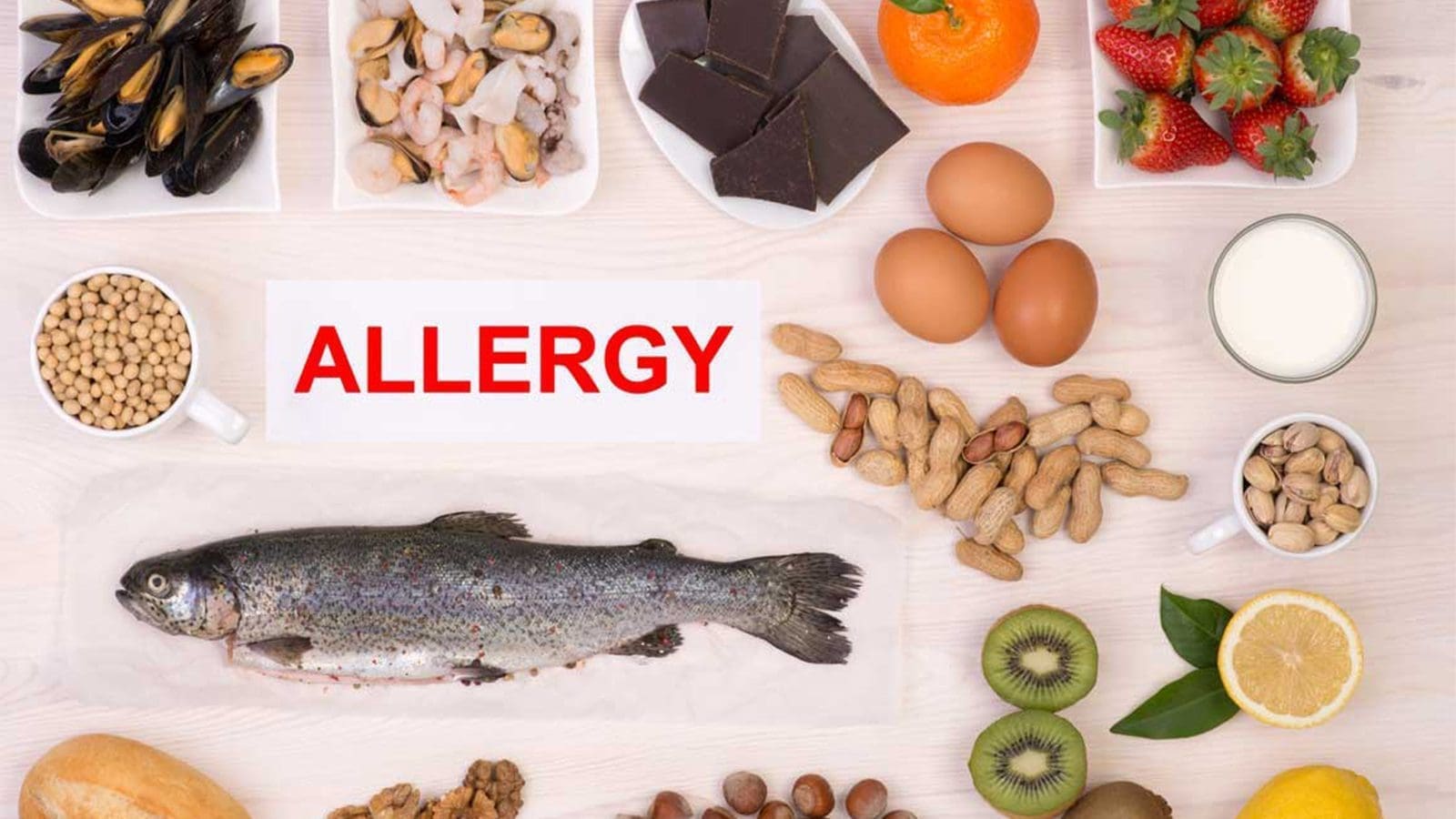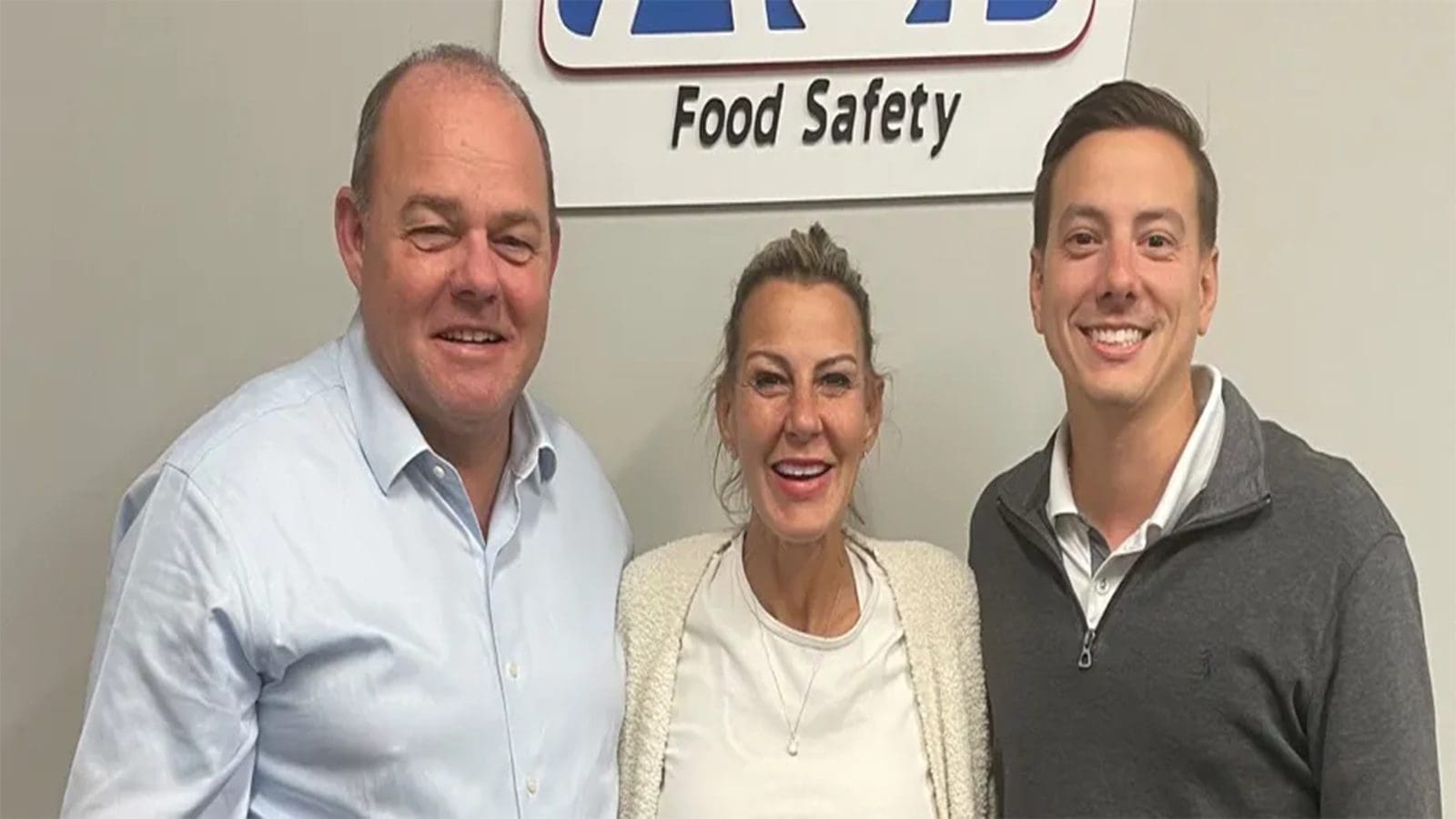U.S – The National Oceanic and Atmospheric Administration (NOAA) Fisheries has made public a proposed regulation to expand the Seafood Import Monitoring Program (SIMP), a risk-based program for specific species of seafood imported into the U.S., to minimize the risk of mislabeling and product substitution that is used to bypass SIMP requirements.
The estimated 1,100 species currently included in the program would increase to around 1,670 species with the expansion of SIMP.
Fish populations are put at risk by illegal, unreported, and unregulated fishing and seafood fraud, which also skews legal markets, undermines consumer confidence and unfairly competes with seafood companies who follow fishery standards on international markets.
To reduce the danger of product substitution and mislabeling as a means of evading SIMP requirements, the regulation seeks to expand the species now covered by SIMP, including red snapper and tuna, to include all species in the snapper family and more tunas.
The rule also suggests including Caribbean spiny lobster, eels, octopus, cuttlefish, and squid in the Program. It further proposes additional program alterations and enhancements.
SIMP currently establishes reporting and recordkeeping requirements for nearly half of all U.S. seafood imports to combat illegal, unreported, and unregulated (IUU) fishing and misrepresented seafood from entering U.S. commerce.
“By proposing to expand the Seafood Import Monitoring Program to additional at-risk species, we aim to increase our ability to identify IUU fish and fish products and deter them from entering the U.S. market.
“The Program is one of several tools NOAA Fisheries utilizes to combat IUU fishing and ensure the U.S. remains a global leader in the effort to safeguard the sustainability of marine species worldwide,” said Janet Coit, Assistant Administrator for NOAA Fisheries, Acting Assistant Secretary of Commerce for Oceans and Atmosphere, and Deputy NOAA Administrator.
NOAA Fisheries uses a risk-based framework to target species that are most vulnerable to IUU fishing and seafood fraud.
This risk-based strategy minimizes the burden on business and the effects on trade while making efficient use of government screening and implementation resources.
The National Marine Fisheries Service (NMFS) issued a final rule on December 9, 2016, to establish the Seafood Traceability Program, also known as the Seafood Import Monitoring Program (SIMP).
The goal was to establish a risk-based traceability program as a means to combat illegal, unreported, and unregulated (IUU) fishing and seafood fraud, in response to recommendations from the Presidential Task Force on Combating IUU Fishing and Seafood Fraud.
The agency is interested in hearing comments on the potential inclusion of these species as well as other parts of the proposed rule that define the obligations of holders of International Fisheries Trade Permits, the need for electronic recordkeeping, and provisions for small-scale fisheries.
In addition, NOAA Fisheries invites input from interested parties on ways to improve the program, such as interest in a uniform form for compliance.
The proposed rule’s comment period will end on March 28, 2023. Before publishing a final rule, NOAA Fisheries will take into account all public comments.
For all the latest food safety news from Africa and the World, subscribe to our NEWSLETTER, follow us on Twitter and LinkedIn, like us on Facebook and subscribe to our YouTube channel.


